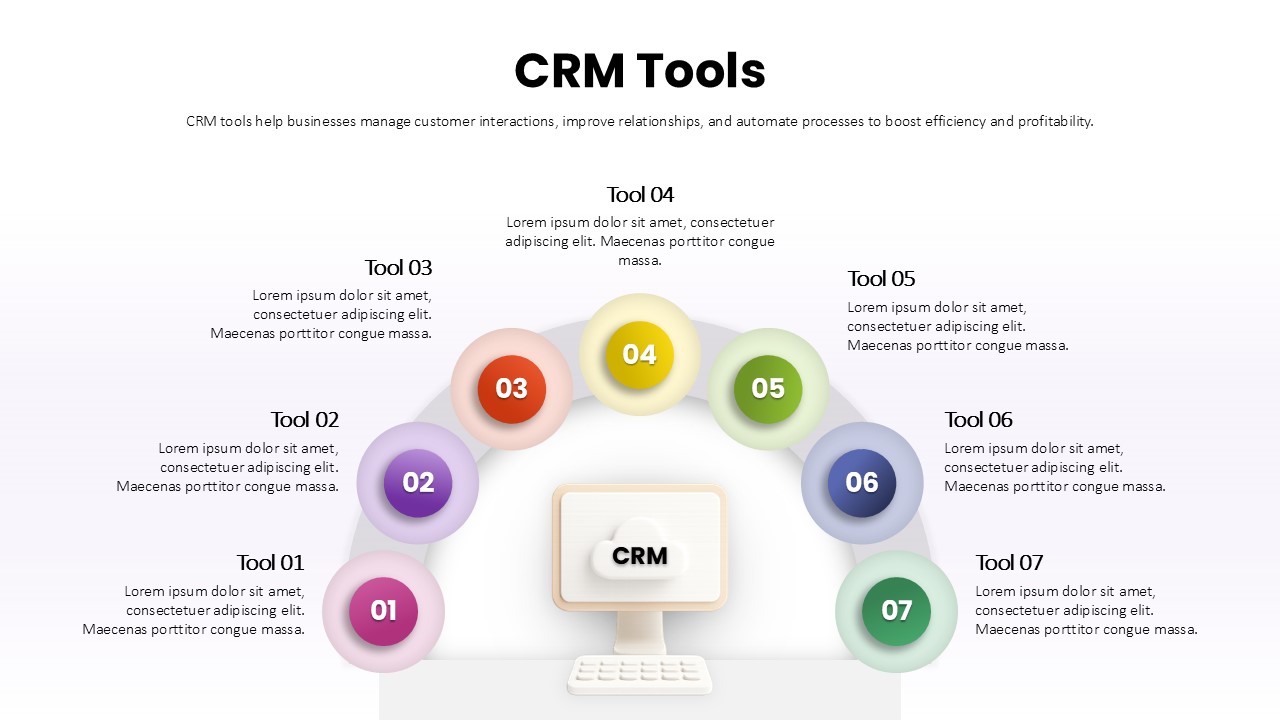
Unlocking Collaboration: How CRM Integration with Microsoft Teams Transforms Your Business
In today’s fast-paced business environment, customer relationship management (CRM) systems and collaboration tools are indispensable. While CRM software provides a centralized hub for customer data, Microsoft Teams has emerged as the leading platform for team communication and project management. When these two powerful tools are integrated, businesses unlock a new level of efficiency, collaboration, and customer satisfaction.
The Power of Synergy: Why Integrate CRM with Microsoft Teams?
Integrating your CRM system with Microsoft Teams offers a wealth of benefits that can significantly impact your organization’s performance:
- Enhanced Collaboration: Imagine sales teams discussing lead strategies directly within a Teams channel, with instant access to the lead’s CRM profile. No more switching between applications or searching for information. This real-time collaboration accelerates decision-making and improves the overall sales process.
- Streamlined Communication: Instead of relying on email chains or phone calls, Teams provides a centralized communication hub. Customer-related discussions, updates, and feedback can be shared instantly, ensuring everyone is on the same page.
- Improved Customer Service: When a customer support agent receives a query via Teams, they can immediately access the customer’s CRM record to understand their history, previous interactions, and preferences. This enables agents to provide personalized and efficient support, leading to higher customer satisfaction.
- Increased Productivity: By eliminating the need to switch between applications, employees save valuable time and effort. They can access CRM data, collaborate on projects, and communicate with colleagues all within the Teams environment, boosting productivity and efficiency.
- Data-Driven Decision Making: CRM integration provides real-time insights into customer behavior and market trends. This data can be used to inform strategic decisions, optimize marketing campaigns, and improve overall business performance.
Key Features of CRM Integration with Microsoft Teams
The specific features of CRM integration with Microsoft Teams vary depending on the CRM system and the integration solution. However, some common features include:
- CRM Tabs in Teams Channels: Embed CRM dashboards, reports, and lists directly into Teams channels for easy access.
- CRM Bots: Use bots to automate tasks, provide information, and trigger workflows based on CRM data.
- Notifications: Receive real-time notifications in Teams when important CRM events occur, such as new lead assignments, deal closures, or customer support requests.
- Contact Cards: View CRM contact information directly within Teams conversations.
- Meeting Integration: Schedule meetings in Teams and automatically log them in your CRM system.
- File Sharing: Share documents and files related to CRM records directly within Teams channels.
Use Cases: How CRM Integration Transforms Business Functions
Let’s explore how CRM integration with Microsoft Teams can revolutionize various business functions:
- Sales: Sales teams can use Teams to collaborate on lead qualification, opportunity management, and deal closing. They can share customer insights, discuss strategies, and track progress in real-time.
- Marketing: Marketing teams can use Teams to plan and execute campaigns, track results, and analyze customer data. They can also use Teams to collaborate with sales teams on lead generation and nurturing.
- Customer Service: Customer service teams can use Teams to provide faster and more personalized support. They can access customer records, collaborate with colleagues, and resolve issues more efficiently.
- Project Management: Project managers can use Teams to track project progress, manage tasks, and communicate with team members. They can also integrate CRM data to ensure that projects are aligned with customer needs and expectations.
Choosing the Right CRM Integration Solution
When selecting a CRM integration solution for Microsoft Teams, consider the following factors:
- Compatibility: Ensure that the integration solution is compatible with your CRM system and your version of Microsoft Teams.
- Features: Choose a solution that offers the features you need to support your business processes.
- Ease of Use: Select a solution that is easy to install, configure, and use.
- Security: Ensure that the solution is secure and protects your customer data.
- Support: Choose a vendor that offers reliable customer support.
Popular CRM Systems with Microsoft Teams Integration
Many leading CRM systems offer integration with Microsoft Teams, including:
- Salesforce: Salesforce offers a robust integration with Teams, allowing users to access CRM data, collaborate on deals, and manage customer relationships directly within Teams.
- Microsoft Dynamics 365: As a Microsoft product, Dynamics 365 offers seamless integration with Teams, enabling users to access CRM data, collaborate on projects, and communicate with customers.
- Zoho CRM: Zoho CRM provides a Teams integration that allows users to access CRM data, collaborate on deals, and manage customer relationships within Teams.
- HubSpot: HubSpot offers a Teams integration that allows users to access CRM data, collaborate on deals, and manage customer relationships directly within Teams.
- Pipedrive: Pipedrive offers a Teams integration that allows users to access CRM data, collaborate on deals, and manage customer relationships within Teams.
Implementation Best Practices
To ensure a successful CRM integration with Microsoft Teams, follow these best practices:
- Define Your Goals: Clearly define your goals for the integration. What do you want to achieve?
- Plan Your Integration: Develop a detailed plan for the integration, including timelines, resources, and responsibilities.
- Train Your Users: Provide training to your users on how to use the integrated system.
- Monitor Performance: Monitor the performance of the integrated system and make adjustments as needed.
- Gather Feedback: Solicit feedback from your users to identify areas for improvement.
Conclusion
CRM integration with Microsoft Teams is a game-changer for businesses looking to improve collaboration, streamline communication, and enhance customer satisfaction. By connecting these two powerful tools, organizations can unlock a new level of efficiency, productivity, and data-driven decision-making. As the business landscape continues to evolve, CRM integration with Microsoft Teams will become an increasingly essential tool for success. Embrace this synergy to transform your business and stay ahead of the competition.

